We love to give our dogs treats, whether it's a reward during training, for general good behavior, or just for no reason at all. During hot weather. doggie "ice creams," like Purina Frosty Paws or Ben & Jerry’s Doggie Dessert, offer cooling treats.
Choosing the appropriate treat varieties can help keep our dogs healthy and happy. Treats can enhance a healthy diet and should never make up more than 10% of a dog’s daily food intake. Learn about the types of dog treats available and decide which are best for your dog.
- 01 of 09
Crunchy Treats
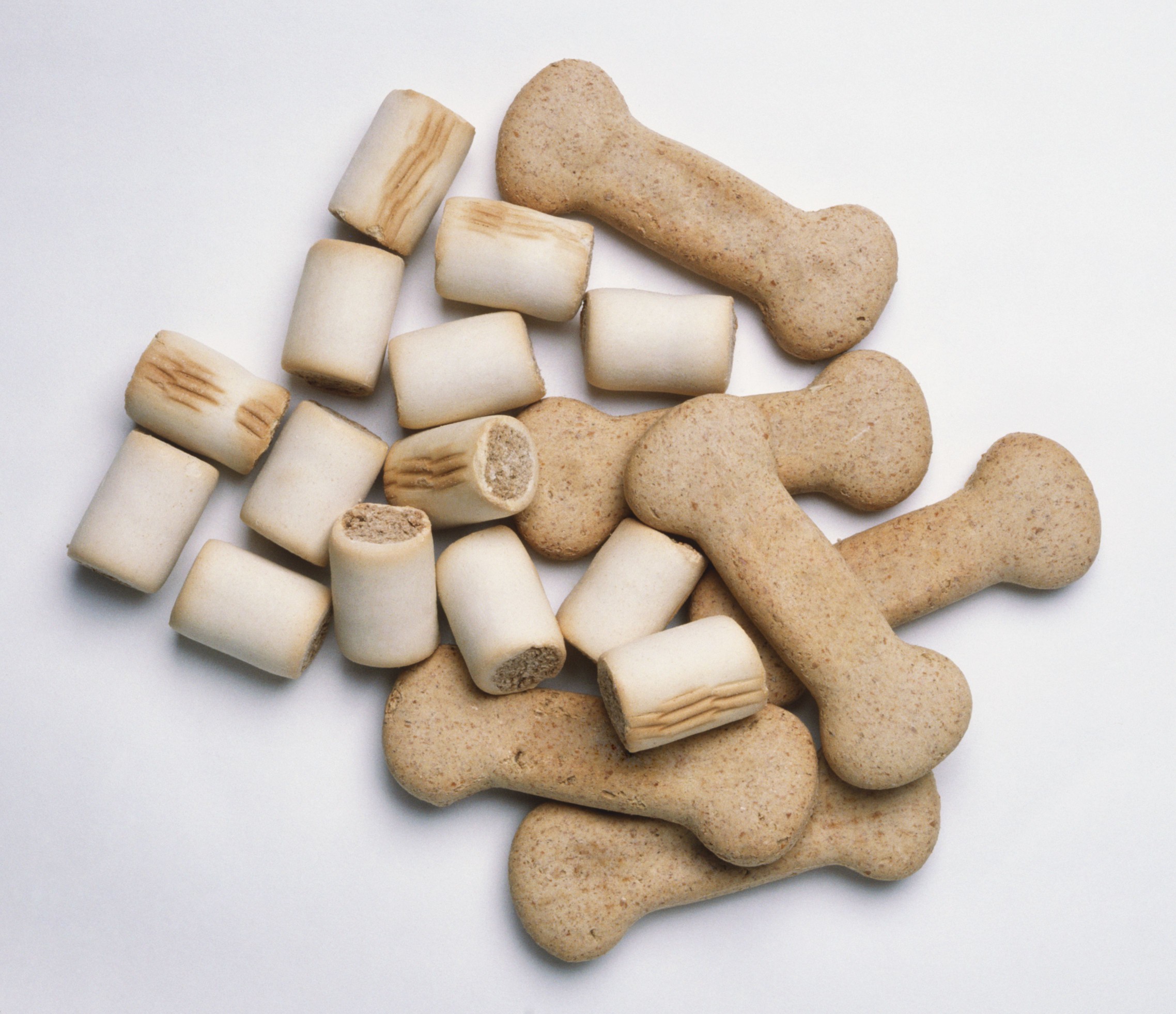
Jerry Young / Getty Images Hard, crunchy treats, sometimes called dog biscuits, are available in a variety of flavors, shapes, and sizes. The size of the treat should be appropriate for the size of your dog. Choose a brand that meets the same standards as high-quality dog foods. Crunchy dog treats make great everyday rewards for your dog.
02 of 09Soft Treats
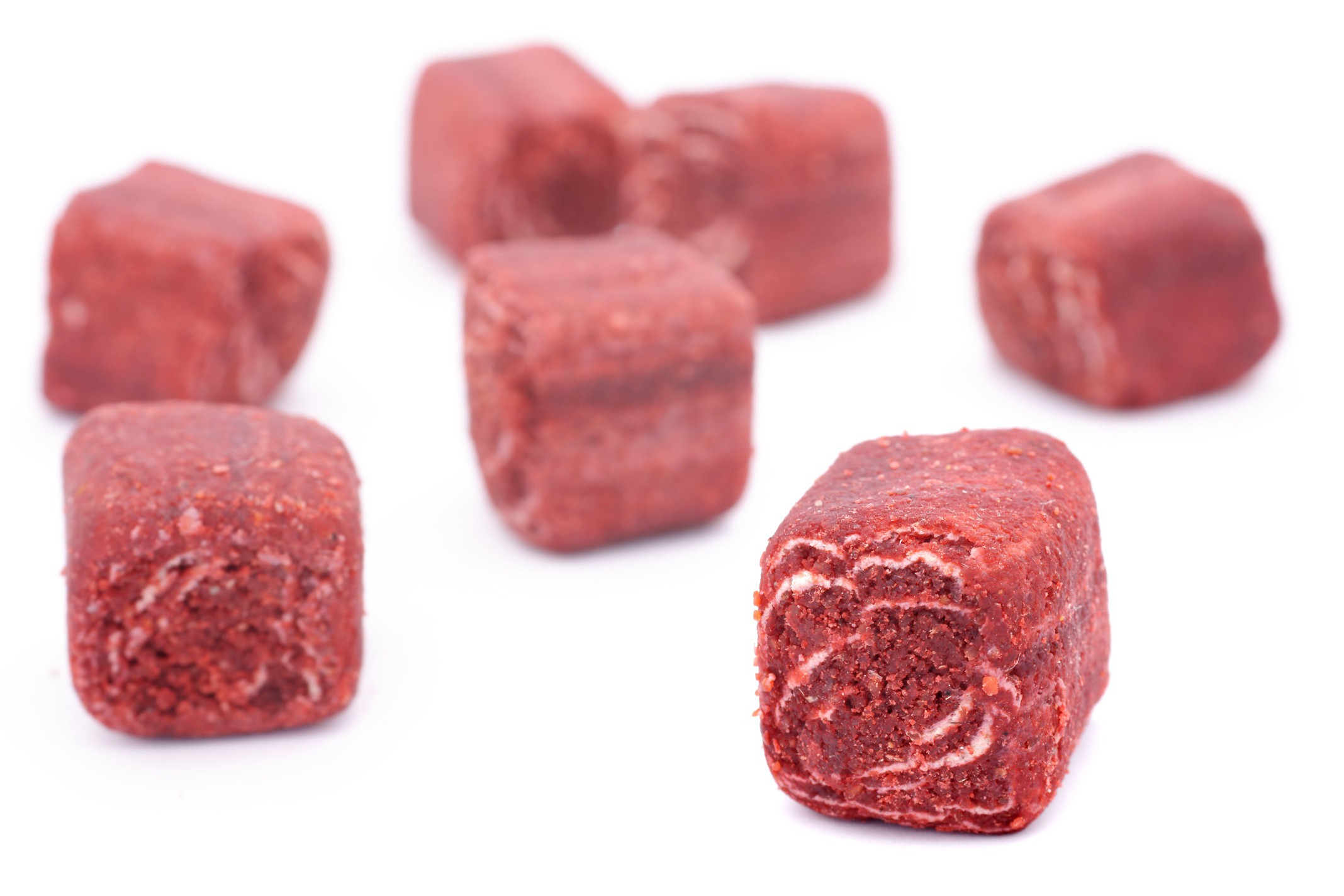
dlerick / Getty Images Soft, chewy treats are also available in a variety of flavors, shapes, and sizes. These treats are especially useful during training due to their pleasing taste and soft texture. Offering immediate gratification, small sizes are best as training treats for dogs of all sizes. If your dog can eat the treat fast, the message of it being a reward is made clear. Choose dog treat brands that meet the same standards as high-quality dog foods.
03 of 09Freeze-Dried and Jerky Treats
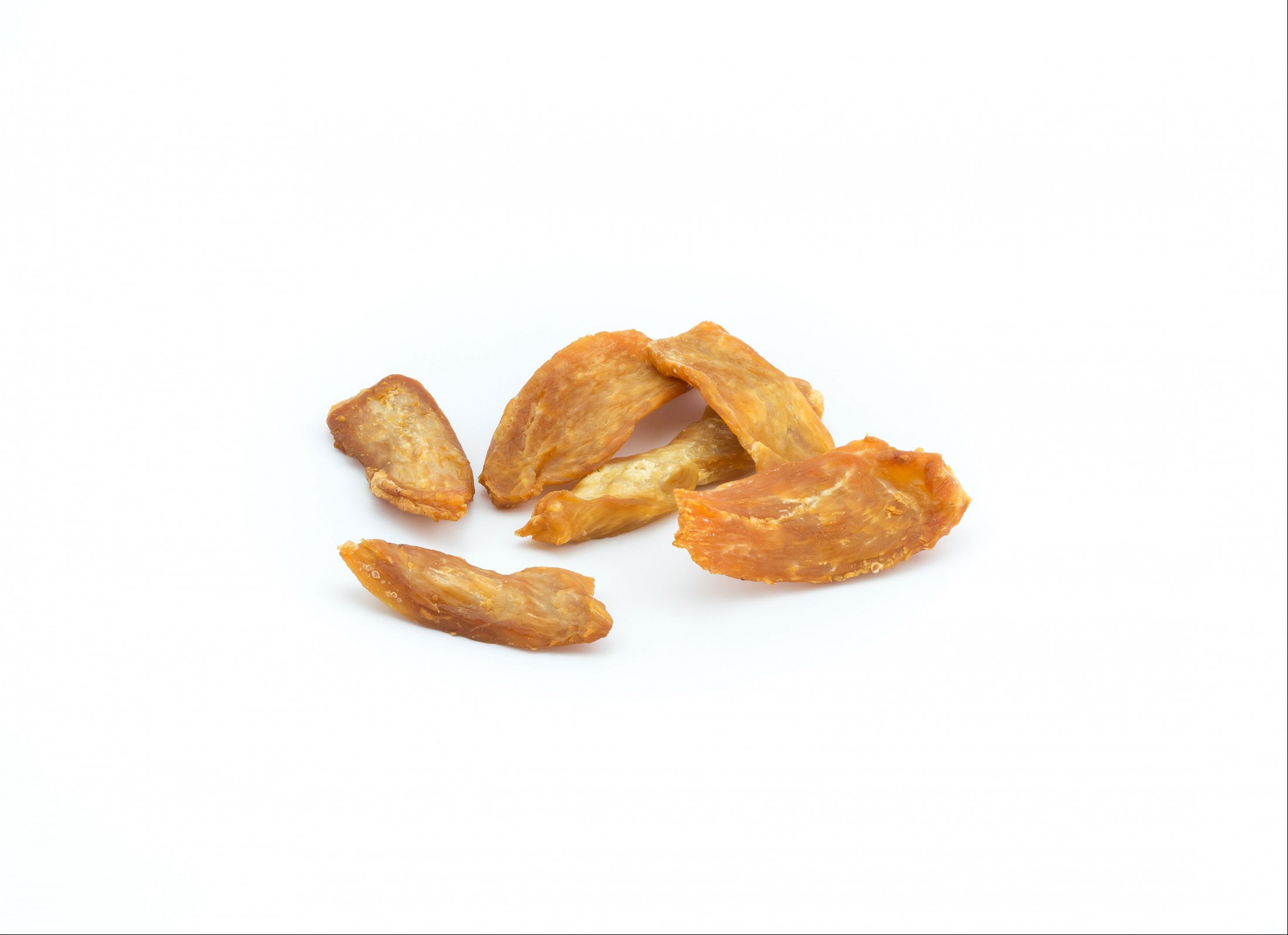
JHK2303 / Getty Images Freeze-dried and jerky treats, when made especially for dogs, offer a tasty morsel similar to human food. These treats are usually available in a variety of forms such as meats, liver, poultry, and seafood. Many dog owners find these treats to be very effective for use when training because of their desirable flavor.
Make sure to find a good source for jerky treats, like a reputable US company. Or, you can make your own meat jerky treat for your dog with a food dehydrator.
04 of 09Dental Chews and Bone-Like Treats
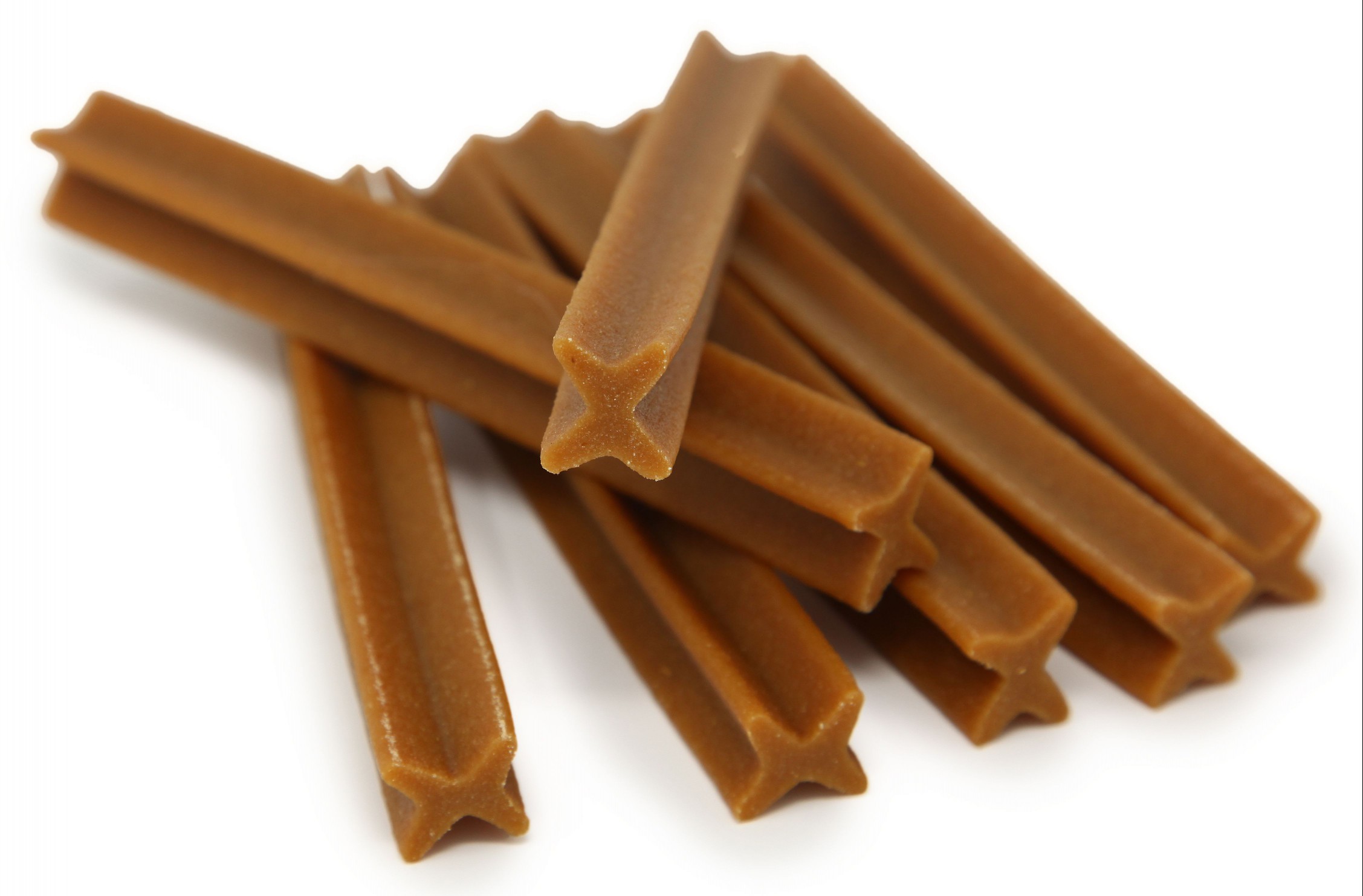
PhotoEuphoria / Getty Images Dental chews and bone-like treats are not made from animal bones. Some are made from corn starch or other digestible materials. Because of the degree of chewing required to consume these treats, some experts believe they promote dental health. Though safer than real bones, these treats can still cause a gastrointestinal blockage if “gulped”. In addition, if the treat is too hard, it can cause tooth fractures or oral injuries. Always choose the appropriate size chew for your dog. Don't pick a chew that hurts if you bang it on your knee--this means it's too hard for your dog's teeth. Be sure your dog is supervised when consuming any type of chew.
The 10 Best Bully Sticks for Lasting ChewsContinue to 5 of 9 below05 of 09Animal Bones and Hooves
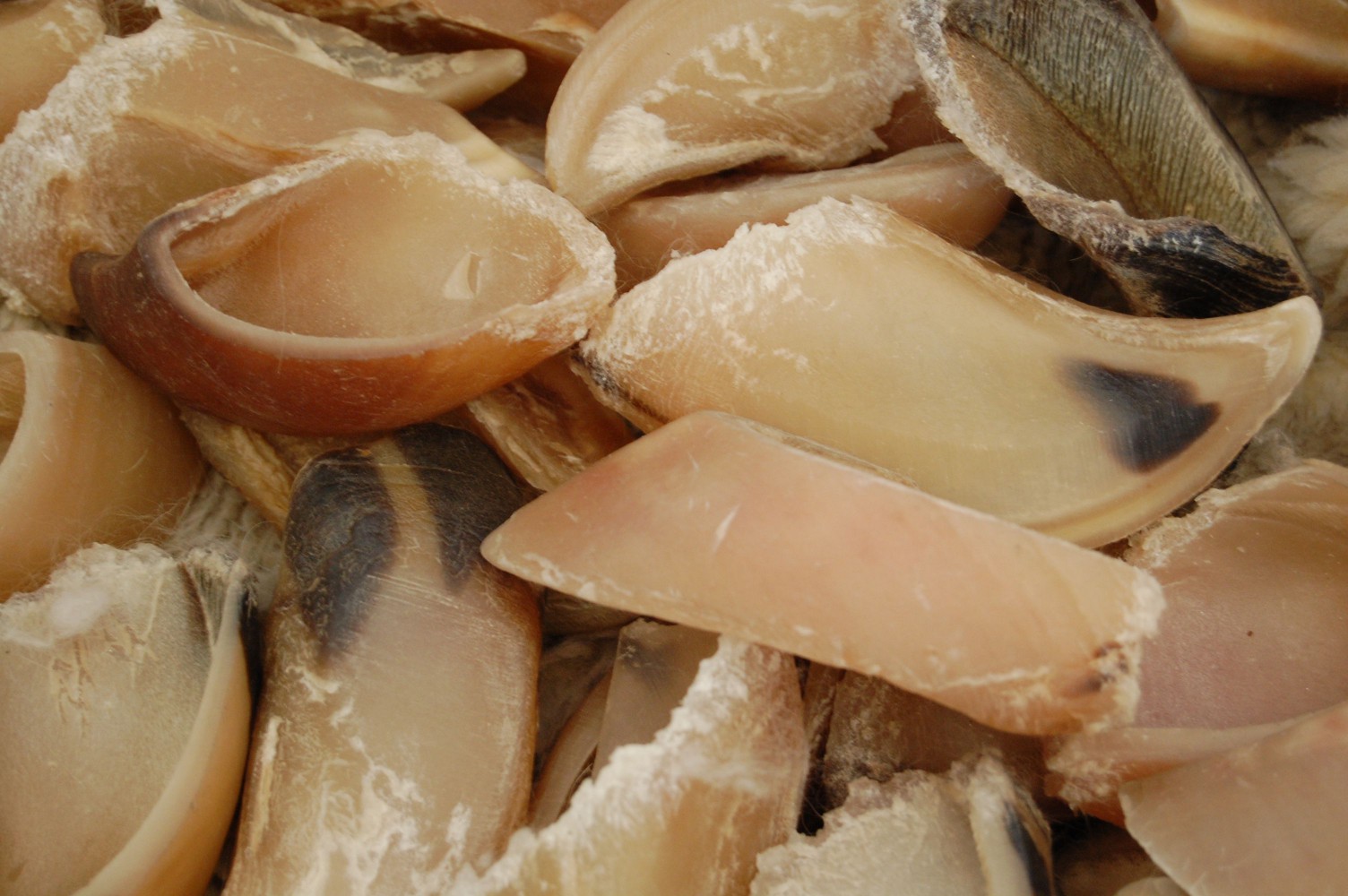
k2frost / Getty Images Bones and hooves from animals should generally not be given to dogs. These can cause chipping or breaking of teeth as well as gastrointestinal perforation or blockage. Bones and hooves can be very harmful to all types of dogs, but the most dangerous are cooked bones and any kinds of poultry bones (cooked or raw, including chicken feet). This goes for deer antlers, too--they are simply too hard to be safe. Offer your dog dental chews and vet approved bone alternatives instead.
06 of 09Rawhide
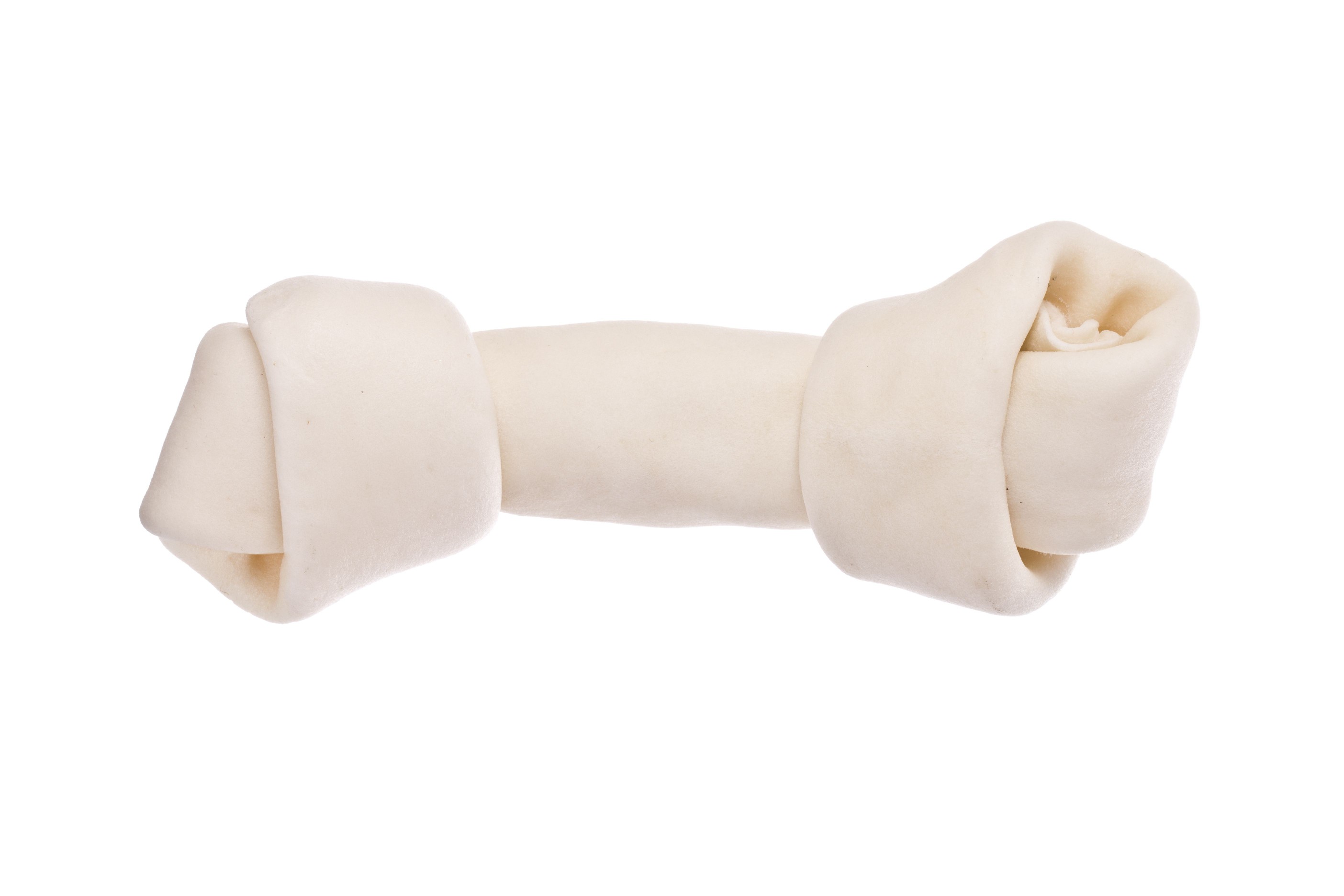
Liliboas / Getty Images Rawhide is generally not recommended for dogs unless it is specially treated for digestibility. Made from animal hide and often treated with various chemicals, rawhide can sometimes cause gastrointestinal obstructions or other complications. Try feeding corn starch-based "bones" or dental chews instead. Some types of rawhide are specially developed by veterinarians to be digestible and good for the teeth. Ask your vet about these options.
07 of 09Pig Ears
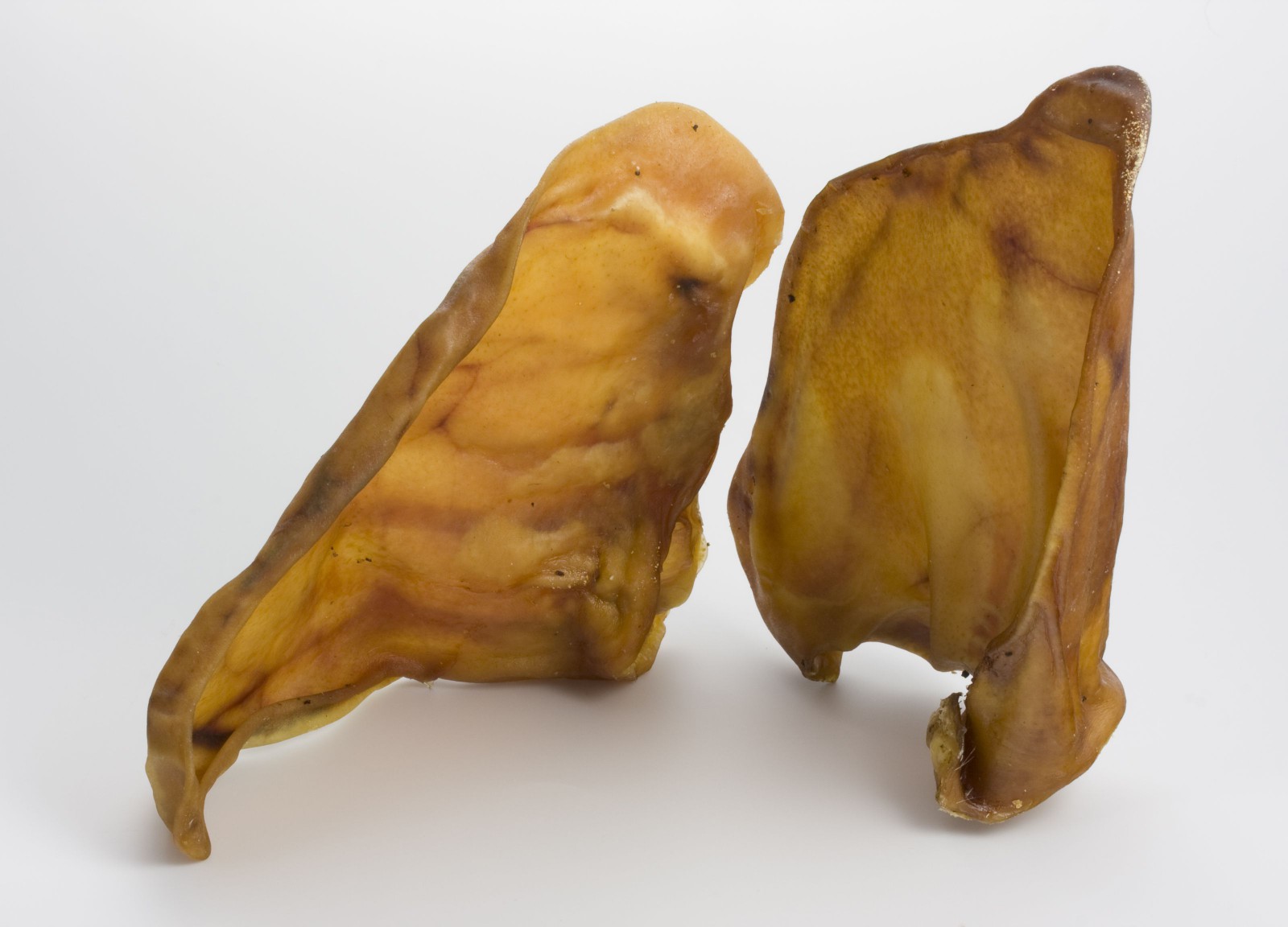
marekuliasz / Getty Images Made from the ears of pigs, these are delicious yet fatty treats for your dog. They can also be processed with chemicals and have been known to have bacterial contamination at times, both of which can be considered unsafe. Pig ears should be avoided, especially in dogs at risk for obesity. If you can find a source of pig ears that are not overly treated with chemicals, they should still be kept to a minimum due to their high fat content.
08 of 09Human Food Treats
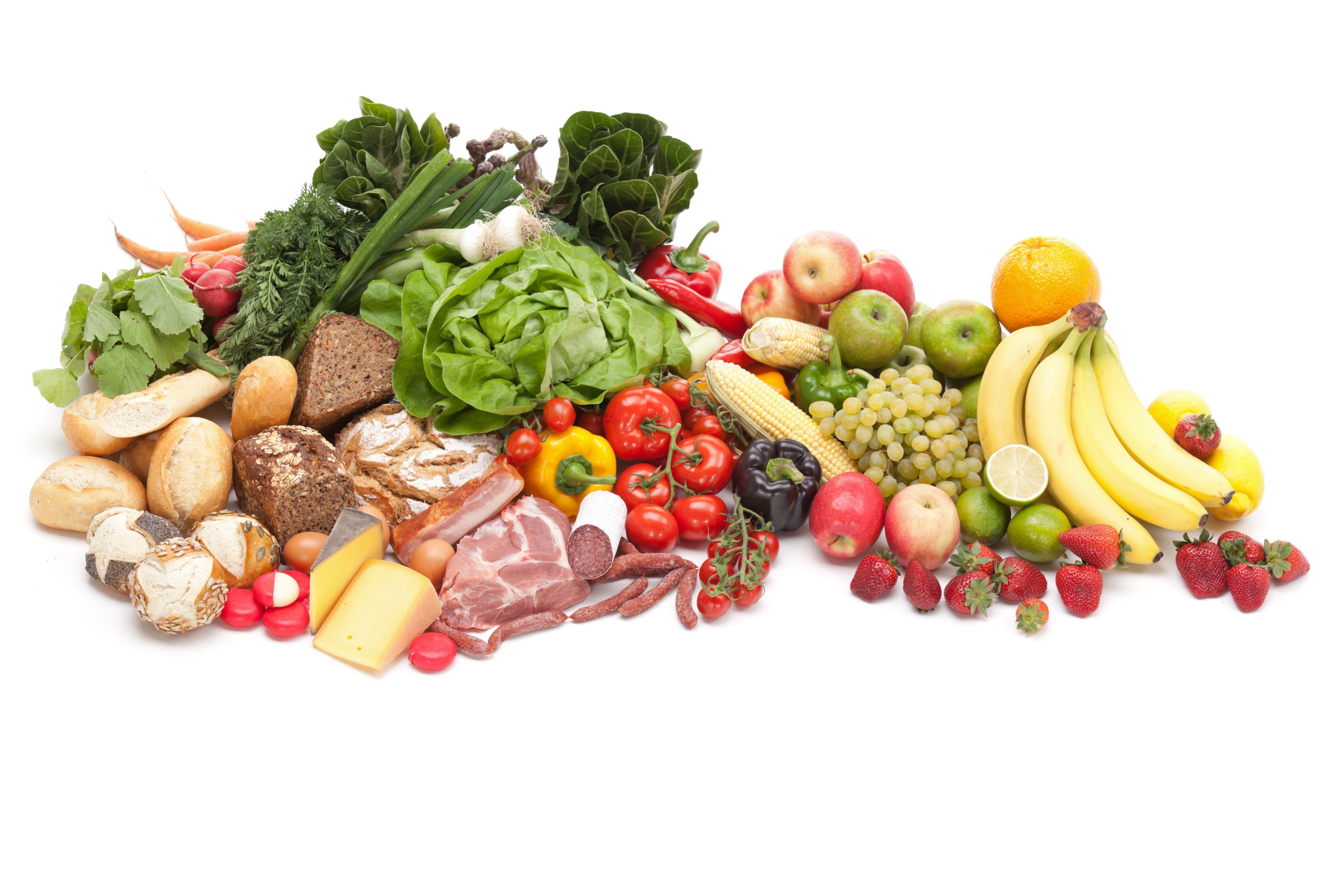
amriphoto / Getty Images Giving human food to dogs can be good or bad depending on the type of food. Foods to avoid include but are not limited to cheese, hot dogs, crackers, cookies, and other similar "table scraps". Fresh foods such as carrots, apples, lean meat, poultry or seafood can actually be beneficial to your dog.
Treats made from human foods should not contain any seasonings or sauces. Never give your dog grapes, raisins or onions as these are poisonous foods. Garlic can be hazardous as well. Consult your veterinarian about the safety of all human food before giving it to your dog.
Continue to 9 of 9 below09 of 09Special Diet Treats
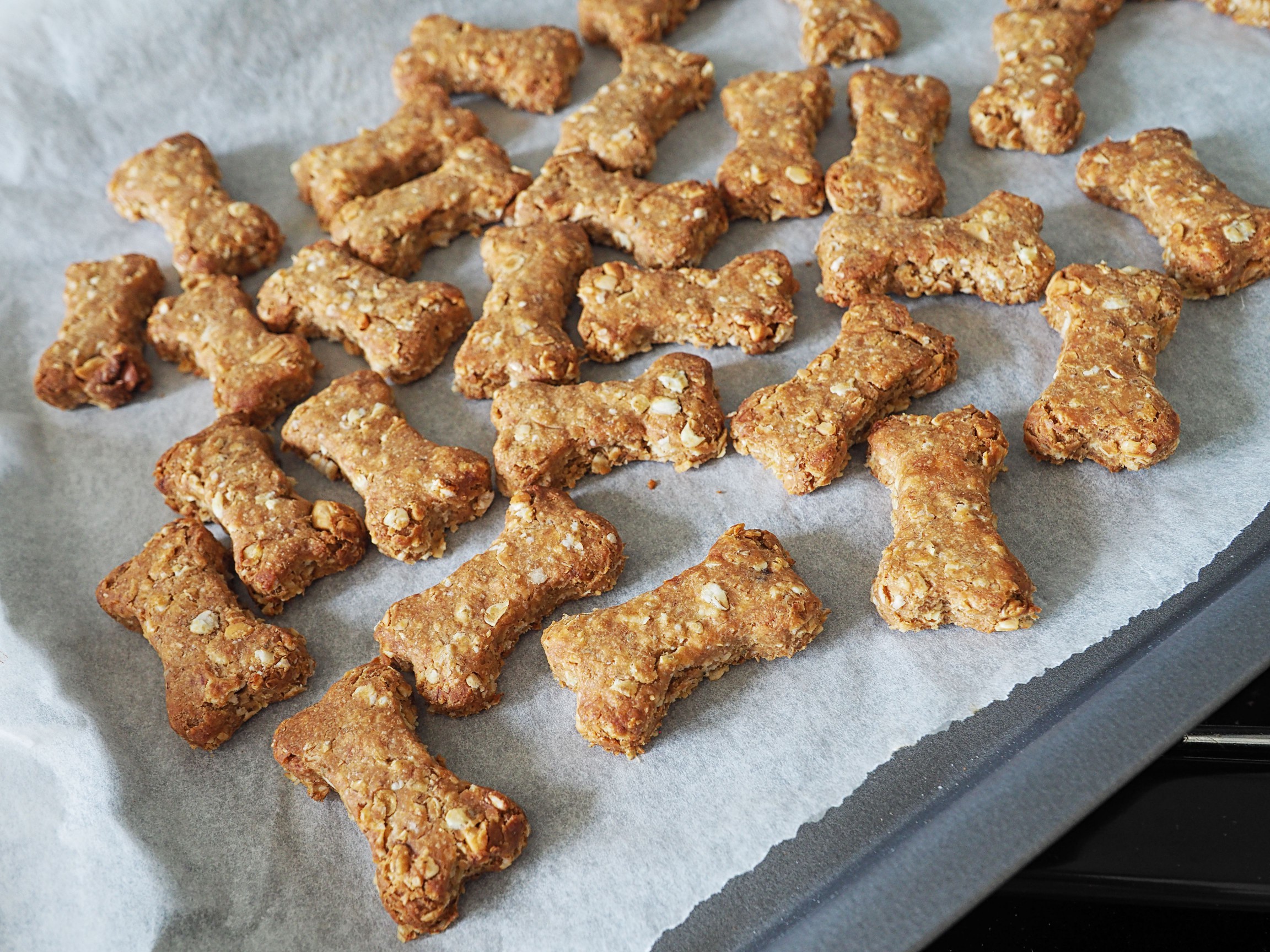
© Jackie Bale / Getty Images Treats for dogs on special diets are sometimes manufactured by the same food company that makes the special diet. If not, ask your veterinarian if there is an appropriate substitute. You can also make homemade dog treats with permissible ingredients, or even from the canned version of your pet’s special diet.
Related Article
 dog-behavior-problems
dog-behavior-problemsWhy Do Dogs Eat Grass? A Vet Weighs In
Eating grass is a common behavior in dogs and isn't as concerning as other things dogs try to e
 dog-behavior-problems
dog-behavior-problemsHow to Stop Your Dog From Humping
Humping is a common behavior in dogs, but it can be embarrassing at times. It's particularly cringe
 dog-basic-training
dog-basic-trainingHow to Train Your Dog to Heel
Walking with your dog at a "heel" is more formal than walking your dog on a loose leash. Teaching a
 dog-basic-training
dog-basic-trainingHow to Play Tug of War With Your Dog
Many dogs love to play tug of war; it's a healthy display of their predatory nature. Tug of war
 what-can-dogs-eat
what-can-dogs-eatDog Treat Varieties
We love to give our dogs treats, whether it's a reward during training, for general good behavior,
 what-can-dogs-eat
what-can-dogs-eatWhich Vegetables Can Dogs Eat?
It may be hard to get your kids to eat their veggies, but your four-legged family member would like
 what-can-dogs-eat
what-can-dogs-eatCan Dogs Eat Marshmallows? What to Know About the S'mores Staple
Can dogs eat marshmallows? Although these sweet treats may seem harmless at first glance and are no
 dog-loss-and-grief
dog-loss-and-griefSaying Goodbye to Your Dog
Whether you have an elderly dog or simply a dog with health issues, you are likely concerned about
About Ask a Paw
We are a premier digital platform committed to delivering high-quality content to our readers. Our mission is to provide accurate, reliable, and engaging information that adds value to our audience's daily lives.
Our team consists of experienced content creators and subject matter experts who uphold the highest standards of professionalism. In an era of information overload, we curate content with care, ensuring our users receive only the most relevant and trustworthy information.
Beyond just reporting facts, we focus on depth and context. Through expert analysis, comprehensive research, and clear presentation, we help our audience gain meaningful insights and make informed decisions.
We take pride in being a trusted information source for our growing community of readers. Our user-first approach means we continuously adapt to provide content that meets our audience's evolving needs and interests.
Innovation and excellence drive everything we do. We're committed to improving our platform and services to deliver the best possible experience for our users.



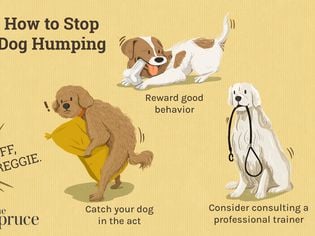
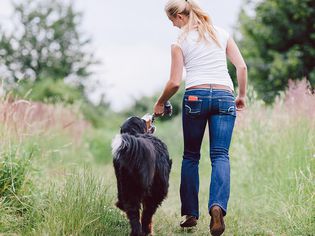
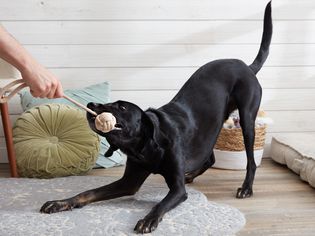

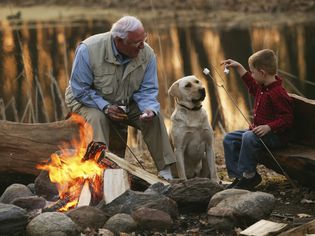

Comments on " Dog Treat Varieties" :